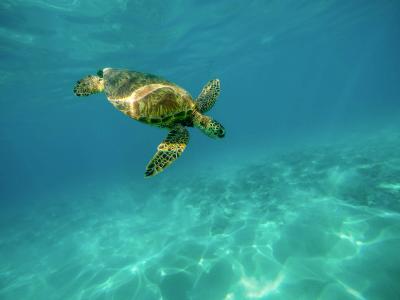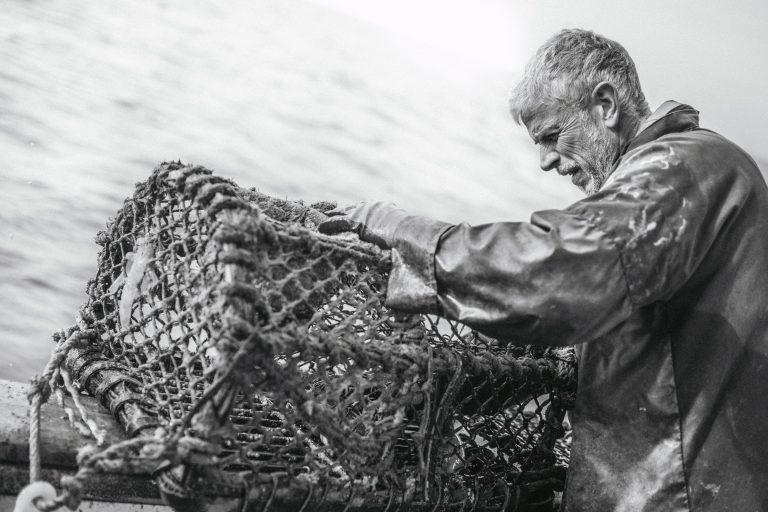

The UK is at a pivotal moment. With a future as an independent coastal state ahead, now is a time to reflect on aspirations for fishing 5, 10, 20 years down the road. The Secretary of State for Environment, Food and Rural Affairs, Michael Gove, has stated that the UK will be withdrawing from the Common Fisheries Policy of the European Union. So, with the task of defining a new path for UK fisheries a great question to ask is: what can we learn from sustainable, ambitious and world-leading practices elsewhere?
This is precisely the question posed by the #BetterBritishFisheries event I attended recently – hosted by the BLUE Marine Foundation and the Fishmonger’s Company in London. An excellent mix of active industry, fleet representatives, NGOs, politicians and managers came together to hear from a series of international fishery case studies – drawn from the USA, New Zealand, Australia and Norway.
There was a huge amount to cover across these diverse geographies but a number of key themes and takeaways developed:
•Science is the foundation of good fisheries management. Again and again, presenters spoke of how effective systems, delivering on their goals, were rooted in robust science. The UK houses excellent fishery scientists, and will continue to work in collaboration with ICES – so this offers strong hope that we can build exemplary management.
•Clear, time-bound goals help make policies effective. Highlighted within the US case study, it was clear that goals set as undefined points in the future allowed for a lack of rigour in delivery on conservation mandates. Time-bound, mutually agreed objectives – with input from science and industry – can underpin dramatic results.
•Regional decision-making taken in partnership helps ensure management is robust and set at the right level. Local knowledge should be embraced within the management framework and developed in partnership with scientists, managers and other stakeholders.
•Accountability helps deliver strong sustainability and social goals. Being able to fully document catches through a transparent and accountable system is a key feature in robust fisheries management. This means greater public confidence in fishing operations as well as an ability to generate more responsive science to match reality on the water.
•Rights and incentives give fishermen a stake in delivering ambitious conservation objectives. A common theme amongst the case studies shown: the rights of fishermen to a secure stake in their fishery was seen as instrumental in driving sustainable best-practise. All systems featured at the event were underpinned by this feature which was viewed as creating strong stewardship of the resource and driving sustainable fisheries.
Gaps to fill:
•Carefully tailored solutions are required for the inshore sector. Culture, tradition and heritage – and all the social and economic benefits that go alongside – should be at the heart of determining fishing policies for inshore fleets. If public policy is built around strong social objectives in the UK, it will be important to develop systems of quota management that prevent aggregation of fishing rights. This requires insightful planning and design, but is achievable.
•More knowledge and data is needed, worldwide, on the impacts of recreational fishing on commercial stocks. Norway captured it well by noting that “You have nothing to learn from Norway on recreational fisheries data” – why? Because no fishery has yet cracked this particular challenge. This was seen as a significant missing piece in the global fisheries ‘jigsaw’ and a priority challenge for the UK, and other fishing nations, to address. Getting the full picture on extraction of the resource is vital to ensuring management fits the bill.
The lessons learned from this gathering will be important as the UK Government develops its own national Fisheries Bill, and the supporting White Paper. How can we cherry-pick the best ideas, and avoid the failures, of other, international fishery management systems? This is a task not only for our Government but for the individuals, organisations, and businesses that rely on healthy, resilient fisheries. There is a big job ahead but #BetterBritishFisheries has opened a door to give the UK a glimpse of what the future might look like – and it was fantastic to see that, for the featured fisheries, it looks bright indeed.
Oceans
Globally, our goal is for the world’s wild fisheries to be managed sustainably, providing more fish in the sea, more food, and more prosperity for fishing communities. Key to achieving this is the alignment of incentives so that both the needs of people and the capacity of the oceans are respected. We help fishermen and communities secure rights to a reliable share of the catch based on scientific environmental limits: giving them a long-term stake in the health of their fisheries
